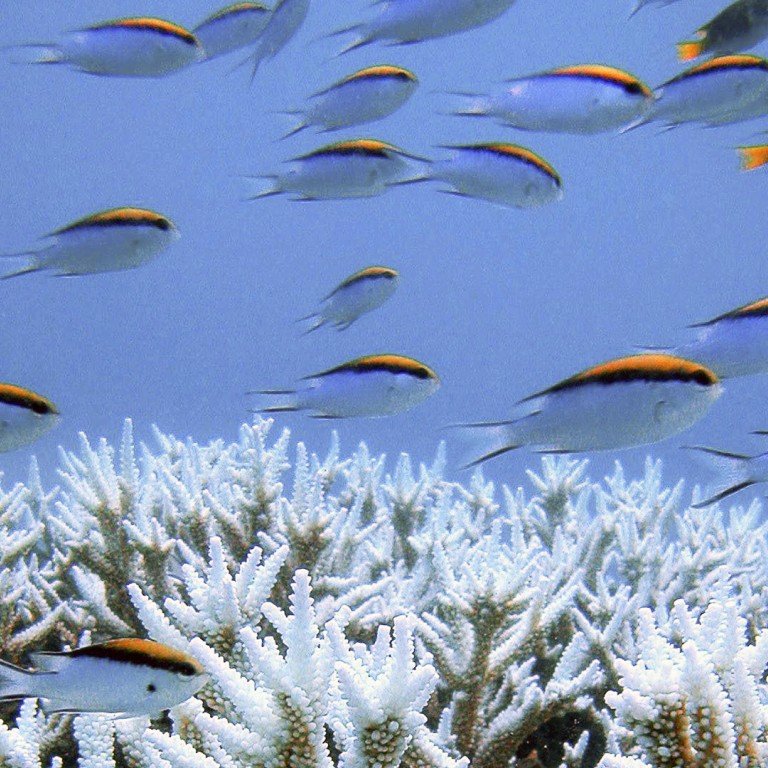
Don’t invest in Australia coal mines, scientists warn banks in bid to halt climate change
Science has added its voice to the call for international financial institutions to halt investments in coal-mining projects in Australia’s resource-rich Galilee Basin.
Science has added its voice to the call for international financial institutions to halt investments in coal-mining projects in Australia’s resource-rich Galilee Basin.
A joint open letter published by nine leading Australian scientists on Friday pleads for banks and investors to play no part in facilitating the development of the Queensland basin, warning of “dangerous” and “irreversible” changes in the global climate system if left to go ahead.
“Projects such as the Carmichael Mine would not be able to achieve financial closure without the support of banks to both finance and advise on its construction,” the letter states, referring to the HK$120 billion mega-mine run by Indian firm Adani, which is on course to be Australia’s biggest.
“Banking institutions are therefore in a unique position to influence decisions vital to the future health of the planet and its peoples.”
This comes as nine new coalmines have been proposed in the area, home to the largest untapped coal reserve in the world.
Environmentalists fear pollution from extensive coal-mining projects and ports would damage the nearby Great Barrier Reef and have been calling on the world’s financiers to divest from such projects. Scientists are also backing this claim.
David Karoly, a professor of atmospheric science at the University of Melbourne and a lead author at the Intergovernmental Panel on Climate Change (IPCC) said the exploitation of coal reserves in the Galilee Basin was “fundamentally incompatible with the international goal to limit global warming to two degrees [Celsius]”.
“If surpassed, it will see millions of people suffer due to sea-level rises and increased intensity of severe weather events such as droughts and floods,” he wrote in the letter.

The letter states that the output of the mine – about 330 million tonnes of coal a year – would amount to 705 million tonnes of carbon emissions in the same period, which is more than the annual emissions of Australia and even the United Kingdom.
“Millions of cubic metres” of seabed dredged up in the area to make way for more coal ships and a port expansion would also spell disaster for the barrier reef – a world heritage site.
Dredging and much higher sea traffic would pose serious risks of ship groundings and spills, the letter adds.
“It would be especially hypocritical for any signatories to the Equator Principles to fund these coal mines,” said Professor Matthew England, deputy director at the University of New South Wales’ Climate Change Research Centre, referring to a framework adopted by financial institutions, which assess environmental and social risks of projects.
Environmental group Greenpeace welcomed the letter and stressed that the issue was a matter of “conscience, not just economics”.
“The science is clear: Australia can either have coal expansion, or it can have a healthy reef and a safe climate,” Greenpeace East Asia senior business adviser Elsa Lee said. ”Climate change is not just an environmental issue, it is a fundamental question of ethics and doing what is right.”
Eleven international banks have already stopped plans to finance the Queensland mines, including BNP Paribas and Credit Agricole.
The Carmichael mega-mine and rail development is the first project being pushed through and when complete could see 60 million tonnes of coal and an additional 560 ships pass through the Great Barrier Reef each year.
The company says it is “committed to adhering to the strict regulatory and environmental approval processes that apply to all of its planned projects”.

